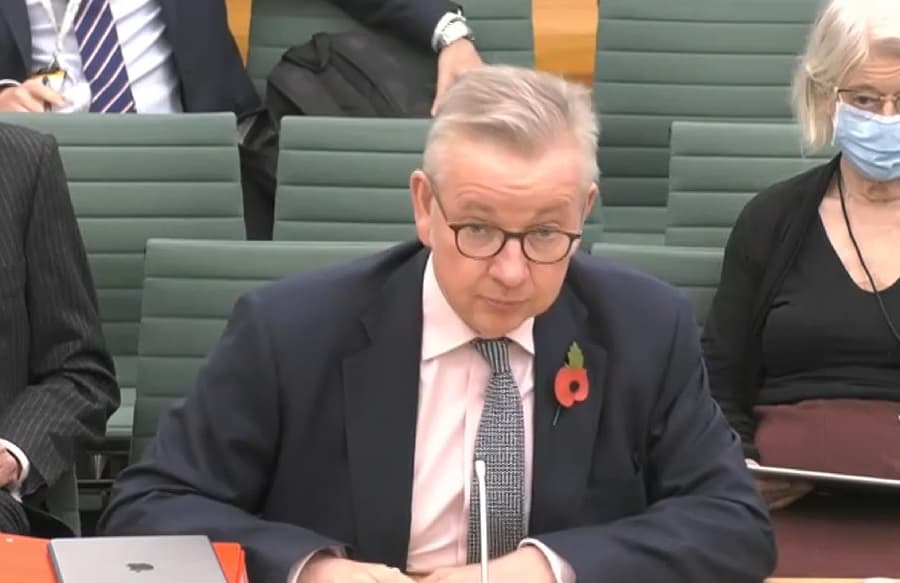The government has announced its strategy to close the gap between rich and poor parts of the country.
Unveiled today by Levelling Up Secretary Michael Gove, the “12 national missions” will take until 2030 and aim to improve services such as housing, education, broadband and transport.
Mr Gove said it would “shift both money and power into the hands of working people“.
In addition to offering a “London-style” devolution settlement to every part of England, giving greater control to local leaders, the agenda also includes initiatives to boost the housing and property industry under the banner “restoring local pride”.
The government will support regeneration projects in 20 towns and city centres, including Wolverhampton and Sheffield, undertaking ambitious, King’s Cross-style regeneration projects, transforming derelict urban sites into beautiful communities. This work will be spearheaded by Homes England.
80% of government funding for housing supply will be directed at “maximum affordability areas” – in practice, London and the South East – will be scrapped, with much of the £1.8 billion brownfield funding instead being diverted to transforming brownfield sites in the North and Midlands.
All homes in the private rented sector will have to meet a minimum standard – the Decent Homes Standard. Section 21 “no fault” evictions will further be abolished, and a consultation on introducing a landlords register will take place, setting out plans for a crackdown on rogue landlords.
Home ownership will be boosted due to a new £1.5 billion Levelling Up Home Building Fund being launched, which will provide loans to SMEs and support the UK government’s wider regeneration agenda in areas that are a priority for levelling up.
The government will further commit to building more genuinely affordable social housing. A new Social Housing Regulation Bill will deliver upon the commitments the government made following the Grenfell tragedy in 2017.
The government will also give local authorities the power to require landlords of empty shops to fill them if they have been left vacant for too long.
Levelling Up Secretary Michael Gove said:
“Levelling Up and this White Paper is about ending this historic injustice and calling time on the postcode lottery.
This will not be an easy task, and it won’t happen overnight, but our 12 new national levelling up missions will drive real change in towns and cities across the UK, so that where you live will no longer determine how far you can go.”
Prime Minister Boris Johnson said:
“From day one, the defining mission of this government has been to level up this country, to break the link between geography and destiny so that no matter where you live you have access to the same opportunities.
The challenges we face have been embedded over generations and cannot be dug out overnight, but this White Paper is the next crucial step.”
Managing Director of Sirius Property Finance, Nicholas Christofi, commented:
“It’s great to see the government’s intent to support SMEs by making them the focus of their levelling up plans and the agile and adaptable nature of these smaller housebuilders should pay dividends when it comes to improving the prosperity of our nation.
That said, there’s no ‘new money’ in today’s loan announcement of £1.5bn and so let’s hope that the government continues to provide support to SME housebuilders on an ongoing basis, not just via a few initial, headline grabbing gestures.”
Managing Director of Barrows and Forrester, James Forrester, commented:
“We’ve enjoyed a house price boom of late but for those with an eye on a longer-term return, the likes of Wolverhampton and Sheffield are a safe bet.
Any significant level of regeneration is only going to help boost the local economy, which in turn will rejuvenate the local housing market. So we can expect to see upward growth both where house prices and rental market values are concerned across the areas to have been earmarked for ‘levelling up’.”




















